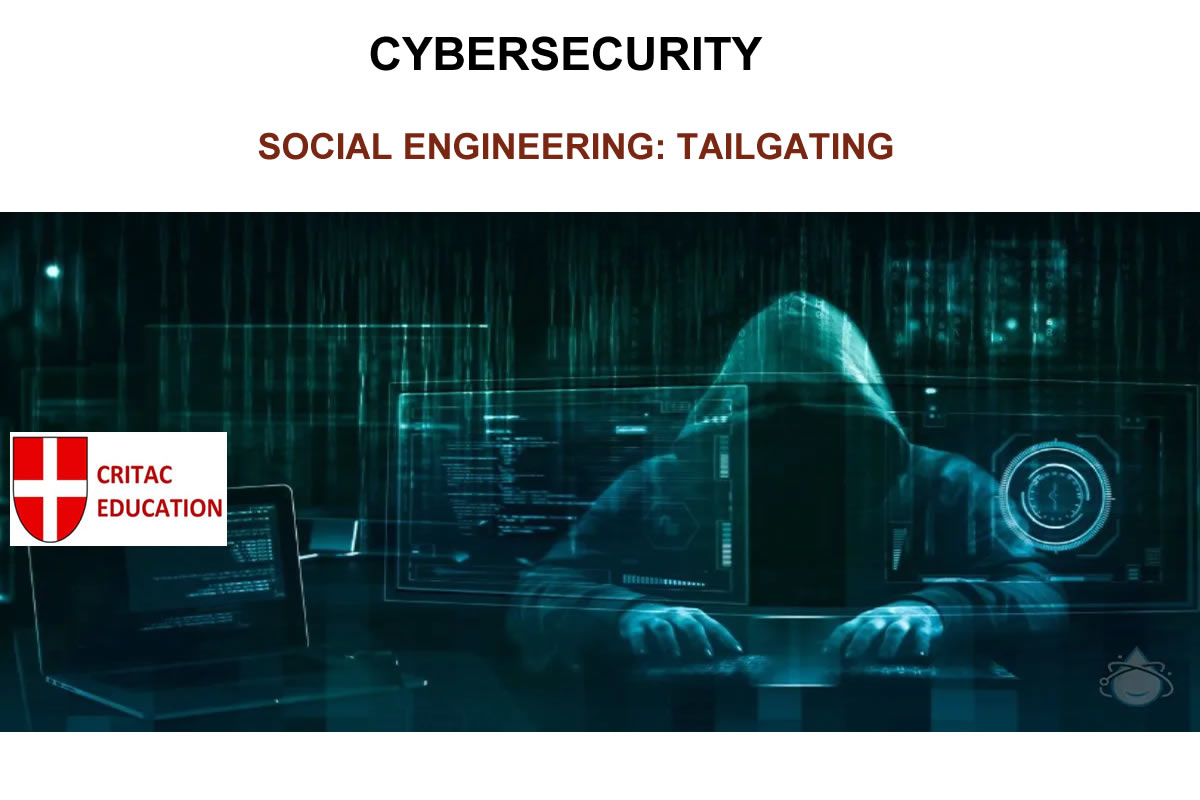"Counteracting Tailgating and Social Engineering" is an in-depth course that delves into the art of social engineering, specifically focusing on the deceptive practice of tailgating. This course provides participants with a comprehensive understanding of the various techniques employed by social engineers and tailgating experts.
Commencing with an introduction to social engineering, participants will grasp the foundational concepts, explore the psychology of human vulnerabilities, and learn from a real-world case study involving a corporate data breach, setting the stage for an eye-opening learning experience.
The course progresses to dissect the art of tailgating, defining it in the context of social engineering, and presenting the tactics to gain unauthorized physical access. A compelling real-life case study unveils the corporate espionage caper, emphasizing the real-world relevance of these tactics.
Reconnaissance and target selection is the next crucial module, which covers the preparation for a tailgating attack, information gathering, identifying high-value targets, and assessing security measures and weaknesses. A case study on Fortune 500 corporate espionage provides practical context.
Following this, the anatomy of a tailgating attack is broken down into a step-by-step approach, detailing the manipulation of social norms, dressing the part, and adopting appropriate behavior, all supported by a real-world case study of medical center impersonation.
"Tools of the Trade" provides insight into the gadgets and tools used in tailgating attacks, such as disguises and impersonation techniques. Real-world cases illustrate their effectiveness in practice.
The course then shifts to psychological manipulation, discussing the leverage of persuasion and influence, understanding cognitive biases, and creating urgency and distractions to lower defenses. Real-life case studies demonstrate how these techniques are applied in the field.
The role of insiders in facilitating tailgating attacks is explored in the "Insider Threats and Tailgating" module, with signs of potential insider threats discussed and methods for mitigating the risk of insider collusion provided. Real-world case studies, such as the corporate espionage incident, offer practical examples.
Preventing tailgating attacks is a pivotal topic in the course, addressing the design of effective security protocols, training employees to detect and respond to tailgating attempts, and implementing access control technologies, all substantiated by real-world case studies.
The "Human Firewall" module emphasizes nurturing a security-conscious organizational culture, encouraging vigilance without fostering paranoia, and reporting incidents while learning from past mistakes, with practical case studies providing real-world insights.
The course concludes with a module dedicated to case studies, drawing lessons from the field, analyzing both successful and failed attempts, and offering key takeaways for improving security practices.
"Future of Tailgating and Social Engineering" highlights emerging trends in social engineering attacks, the impact of technology on social engineering tactics, and strategies for preparing for the evolving threat landscape.
The legal and ethical implications of studying social engineering are discussed, alongside the ethical considerations of responsible disclosure and responsible hacking.
In the final "Conclusion" module, key takeaways from the course are recapped, emphasizing the importance of safeguarding against tailgating and social engineering. Participants are empowered to play a crucial role in protecting individuals and organizations against manipulation.
